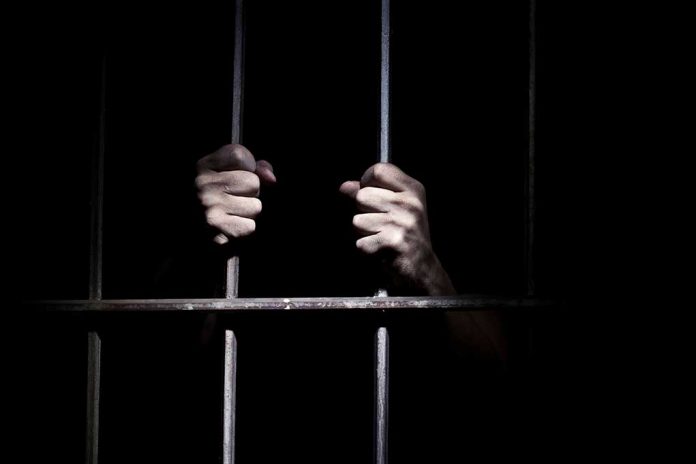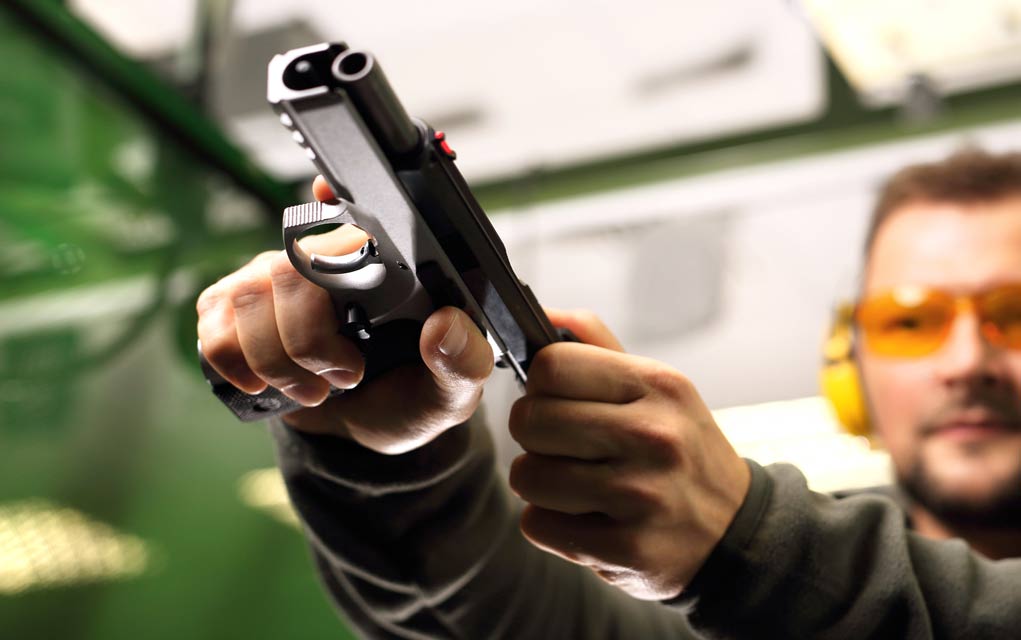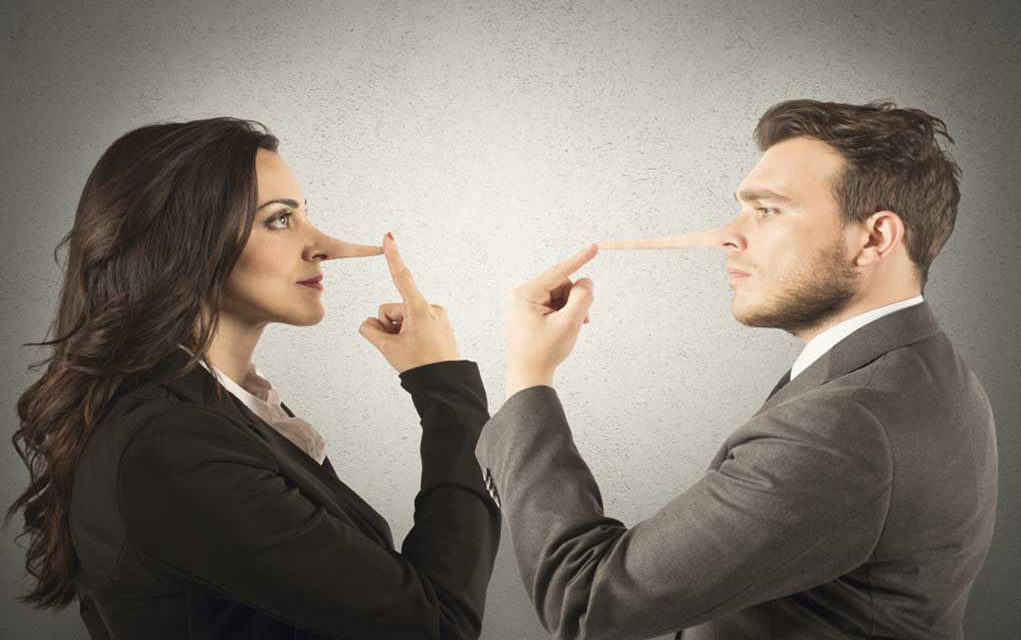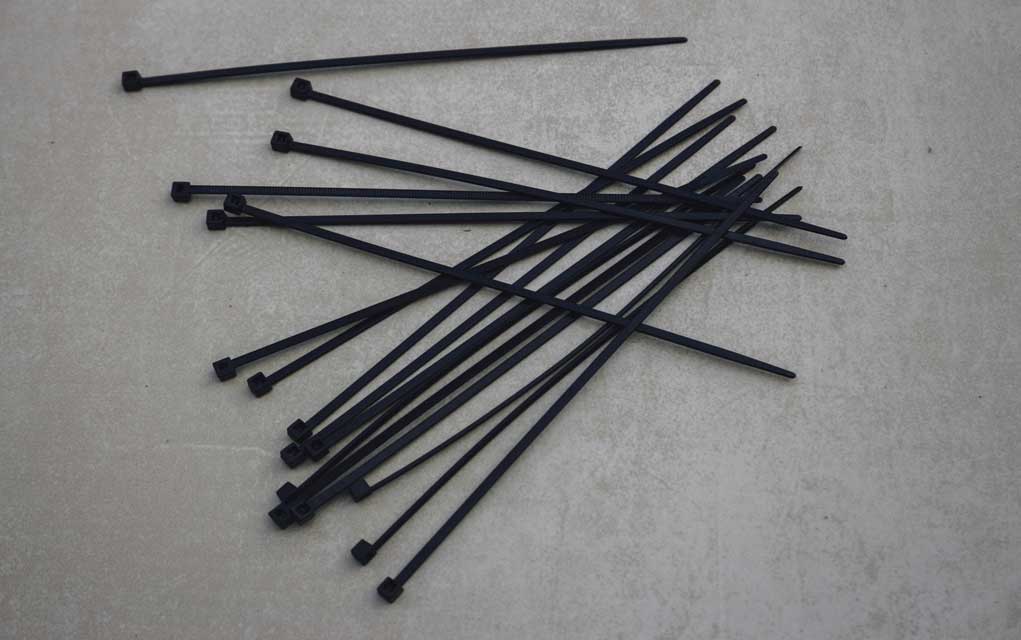(ModernSurvival.org) – Having to shoot another person in self-defense is a nightmare situation to find oneself in. Unfortunately, it can become even worse when the police arrive on the scene — especially if the individual is arrested for defending themselves with lethal force. Following an altercation in which one has to defend themselves, the last thing they need is to defend themselves in court a second time.
In the following video, Ethical Preparedness outlines six common mistakes people make after defending themselves that can lead to major legal complications:
- Put down the gun. When law enforcement is dispatched to a shooting, they often don’t have a lot of information to go on. They won’t know who the “good guy” or the “bad guy” is. As such, officers will consider anyone holding a firearm as a threat.
Holding a gun could lead to arrest, or worse, being shot by the police when they arrive on the scene. It’s better to put the firearm away once the threat is neutralized to avoid this situation altogether.
- Speak calmly to the dispatcher. Screaming over the phone will make it harder for the dispatcher to understand what is being said. They will then relay what little they know to the responding officers, who will have little to go on other than there was a shooting and someone involved is acting crazed. While it may be hard to stay calm after facing a life or death situation, the best thing one can do is speak calmly to the dispatcher and provide as much information as possible. Describe the scene, then provide a physical description of oneself and where the incident occurred.
- Don’t give too many details to the responding police. The police are obviously going to ask questions about the situation leading up to the self-defense shooting. However, the typical human will be overwhelmed with adrenaline and emotions following such an event.
According to the video, it’s important to provide basic answers about why the person was perceived to be a threat, then ask to hold all further questions until an attorney is present. Innocent statements given during times of duress can be misconstrued and used against the defendant in court.
- Respect the responding police. Don’t treat the responding police as a friend or as an enemy. Simply respect them, give them the most basic answers possible, then wait to talk with an attorney.
- NEVER leave the scene. It’s tempting to consider fleeing the scene to avoid a legal battle; however, this is a horrible idea. It’s nearly impossible in the modern age to be involved in any serious situation and leave no evidence behind. Leaving a legal self-defense shooting transforms the situation into a murder investigation. Obviously, if there is still a danger of harm to oneself, then leaving the scene is advisable. If the situation has been neutralized, stay where you are.
- Don’t touch anything. If at all possible, don’t touch anything considered to be evidence in court. For example, if the assailant drops a gun after being shot, leave it where it falls. Adding fingerprints to the firearm will open up a new can of worms. Moving things could lead to accusations of tampering with evidence, even if that wasn’t the intention at the time.
Being forced to shoot another human being in self-defense is not something anyone ever wishes upon themselves. However, there are certain life or death situations in which self-defense may become unavoidable, which is precisely why it’s important to know the tips above. The emotional toll will be bad enough without spending time in jail for defending oneself.
To see how to handle a different self-defense situation before it becomes life-threatening, take a peek at our article on what to do when a violent fight breaks out.
~Here’s to Your Survival!
Copyright 2023, ModernSurvival.org













